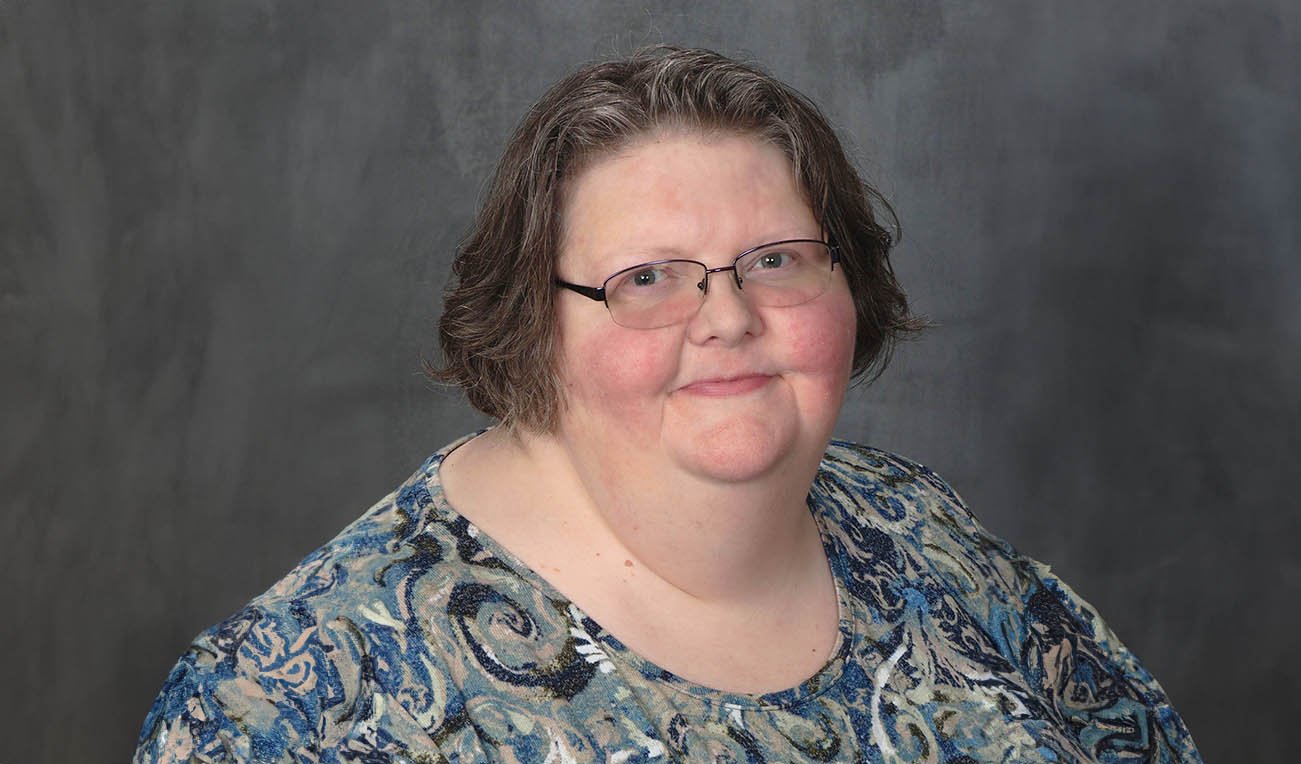How a Day Job Fuels Her Passion for Writing
Greta Picklesimer discusses her Kentucky-inspired historical romances, character development, and faith themes.
She balances writing with her day job, drawing inspiration from her upbringing and post-Civil War settings.
Greta Picklesimer is a rising star in the world of Christian historical romance, captivating readers with her heartfelt narratives and richly drawn characters. With two traditionally published novels and a third on the horizon, Greta has quickly established herself as a master storyteller. Her Love in the Kentucky Hills series transports readers to a bygone era, weaving tales of love, faith, and redemption set against the backdrop of post-Civil War America. Her ability to blend historical accuracy with engaging, relatable stories is a testament to her dedication and passion for the genre. Greta’s work resonates with readers who seek stories that offer hope and a deeper understanding of the human spirit.
Raised in Michigan by Kentucky-transplanted parents, Greta’s unique upbringing has deeply influenced her storytelling. Her novels are imbued with the rich cultural tapestry of both regions, creating a vivid and authentic setting that draws readers in. When she’s not crafting her next novel, Greta indulges in her love for art and scrapbooking, listens to audiobooks, and dreams up new stories. Her rescue cat, Pearlie Blue, named after a beloved Bluegrass song, keeps her company as she balances her day job as an office assistant with her passion for writing. Greta Picklesimer’s work is a testament to the power of storytelling to inspire, uplift, and connect us all.
Growing up in Michigan with Kentucky-born parents, how did the cultural blend of these regions influence your storytelling, particularly in the Love in the Kentucky Hills series?
The reason I chose to set the books in a fictious town in south-eastern Kentucky is because I was born and raised in Michigan by Kentucky transplanted parents. My father was part of the great northern migration to find work in the1950s.
Once our family was settled in Michigan, we spent many happy summer vacations visiting family in eastern and south-eastern Kentucky. I loved exploring those hills and sitting on porch swings listening to stories about the history of my ancestors. I loved listening to the song of the elusive Whippoorwill who flitted about in the trees on the hill across the way at dusk while we sat on straight-back, cane-bottom chairs on the front porch of the restored cabin that once was home to my great-grandfather.
Even though I wasn’t born or raised there, Kentucky has always held a special spot in my heart. It’s a place of peace, faith and hope that I want to share with readers.
In The Rejected Mail-Order Bride, Rose and Harl both face significant personal challenges and past traumas. How do you approach writing characters with such deep, complex backgrounds, and what do you hope readers take away from their journeys?
I think writing flawed characters helps keep readers engaged in the story. I hope the struggles of these characters gives readers hope in their own life journeys.
Faith and redemption are central themes in your books. How do your personal beliefs shape your writing, and how do you balance conveying these themes without coming across as preachy to your readers?
I write novels that I want to read full of faith, hope and with a satisfying ending that point others to a forgiving God of redemption and second chances. My characters show their own faith journeys and struggles which helps the books to not come off as preachy. (I hope.)
Your novels are set in a post-Civil War era, a time of significant social and cultural change. What draws you to this historical period, and how do you ensure historical accuracy while still creating engaging, relatable stories?
The 1870s were full of change and challenges for this nation after the end of the Civil War. I was drawn to set my books in this time period because several of my characters fought and were scared by the war. I ensure historical accuracy by doing a lot of research, reading articles online, books on the subject, watching documentaries about the war, etc. Funneling the information I’ve researched through the setting and characters creates an engaging story.
As someone who balances a day job with writing, what strategies do you use to maintain productivity and creativity? How do you manage to keep your writing fresh and inspired despite a busy schedule?
Great question. I find that writing helps me blow off the steam of the day job by immersing me in my story and characters. Like my bio states: by day I work as an office assistant. At night, I write.


